ZINC – THE PRECIOUS ALLY OF HEALTH
After iron, the next most essential trace element in the body is zinc. The term "essential trace element" indicates that our body does not produce zinc on its own and for its daily supply we should consume foods rich in this trace element. There are different forms of zinc such as picolinate, gluconate, acetate and sulfate. Zinc picolinate
it is better absorbed, from the intestine, than the other forms.
Zinc is found in all tissues of the body and the places where it is mainly stored is the prostate, while 60% is found in muscle tissue, 30% in bones, and 6% in skin, hair and nails.
1. Synthesis of DNA
One of the main mechanisms in which zinc is involved is in the synthesis of DNA, which is why every cell in the body needs zinc in order to repair its damage, carry out its functions and develop properly.
2. Insulin production
It also participates as a component in many enzymatic processes that are necessary for the binding of insulin to cells. In this way, instead of being stored as fat, glucose is used as fuel to produce energy, improve carbohydrate digestion and balance blood sugar. It helps to avoid
complications of diabetes such as slow wound healing and vision problems. Reduced levels of zinc are often seen in people with diabetes.
3. Zinc and thyroid
Zinc contributes to the functioning of the thyroid gland by helping to convert T4 to T3. Together with copper and selenium, they improve the metabolism and digestion of carbohydrates.
4. Hormone production
It is necessary for the hormones of the reproductive system, estrogen and progesterone, and together with magnesium normalizes menstruation, reduces pain and excessive bleeding.
5. Skin improvement (hair loss, thin nails, acne)
6% of the zinc found in our body is stored in the skin. Zinc is found in the production mechanism of collagen, the protein that makes up connective tissue. Thus the stabilization of the hair, the thickening of the nails, ulcers and significantly improves the appearance of acne.
6. Antioxidant and anti-inflammatory agent – Strong immunity
It works together with vitamin C to protect cells from oxidative stress brought on by a demanding modern lifestyle. In this way, it strengthens the body's defenses. Zinc is even involved in the production of prostaglandins, which are produced to act in the most distant areas of the body, as a means of repair, when the body receives the message that there is a damage such as e.g. inflammation.
Among other things, prostaglandins also regulate blood pressure.
Foods rich in zinc:
- Pumpkin seed
-Pumps
-Sesame / Tahini
-Almonds
-Sunflower seeds
-Walnuts
-Wheat germ
- Tofu
- Lentils
-Chickpeas
- Hummus
-Hemp seeds
- Chia seeds
-Oats
-Cocoa
- Wild rice
-Yoghurt
- Quinoa
- Black beans
-Mushrooms
-Peas
- Asparagus
-Avocado
Zinc deficiency is common even in developed countries. The most common causes are the following:
– Insufficient consumption of foods containing zinc
– Increased consumption of foods containing plant fiber
– Stomach and intestinal disorders that make digestion difficult
absorption.
– Increased daily loss of zinc due to exercise, sweating
– Abuse of smoking and drinking alcohol
– Stress and frequent illnesses
Interactions
Phytic acid, which is abundant in whole grains and vegetables, when consumed in excess, interferes with zinc absorption.
Competitive action with zinc, they present a group of chemical elements such as copper, iron and calcium. Excess copper reduces the bioavailability of zinc. On the other hand, excessive consumption of zinc can be one of the causes for low iron indicators in the blood.




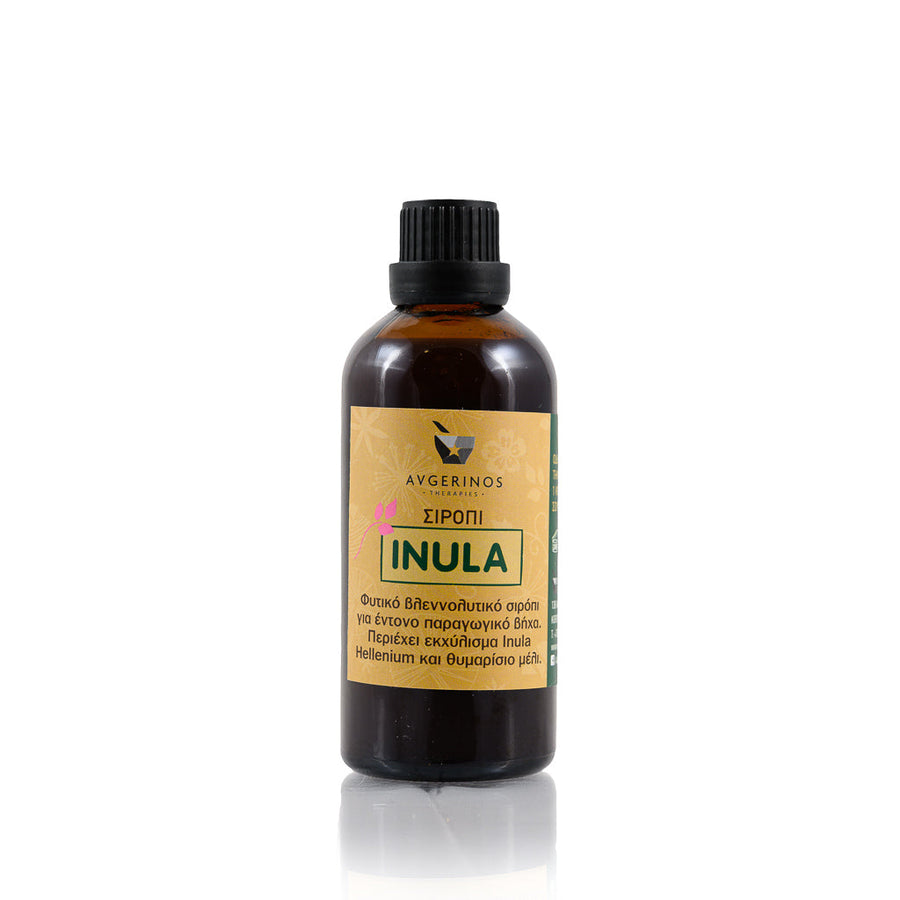
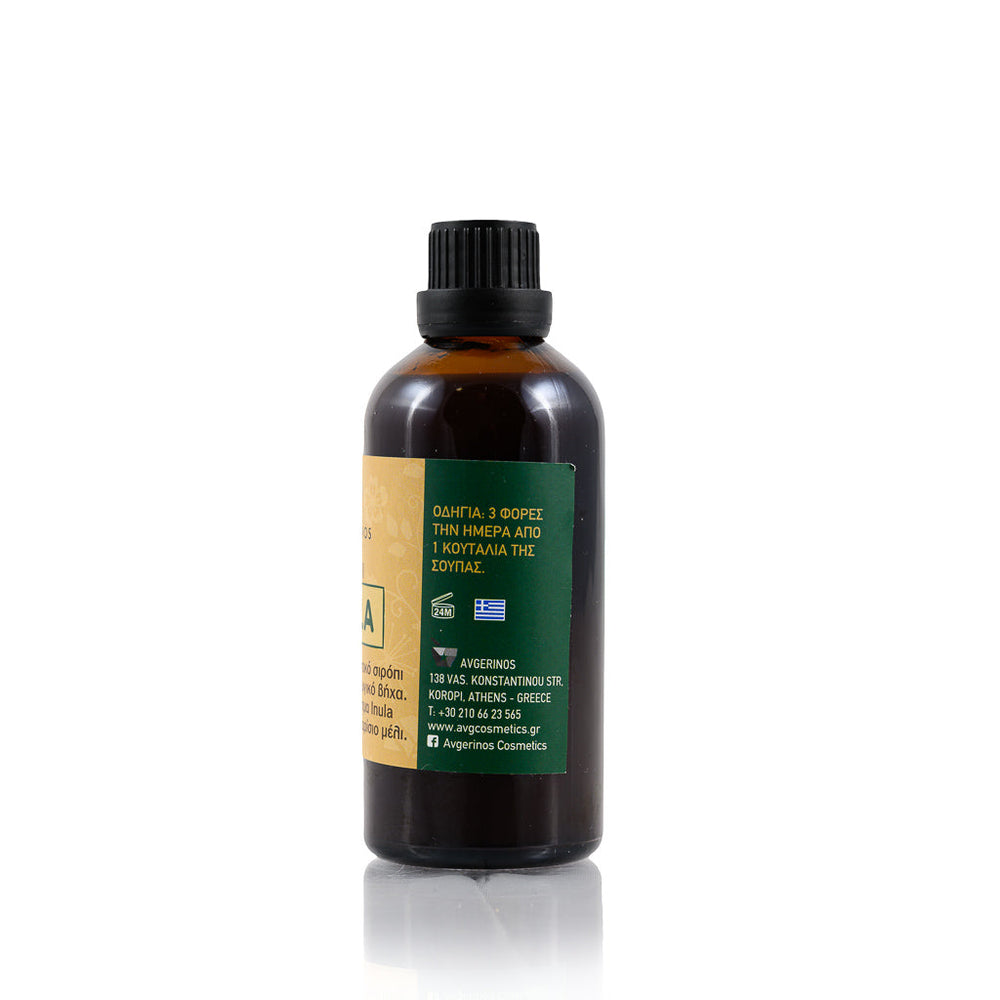
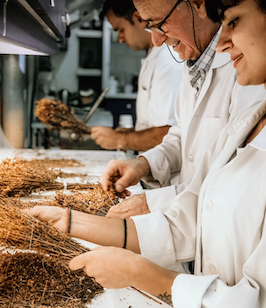
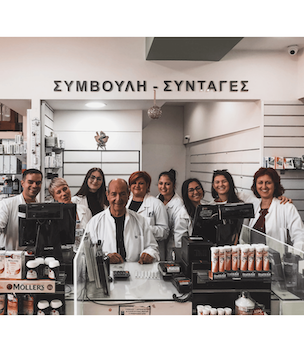
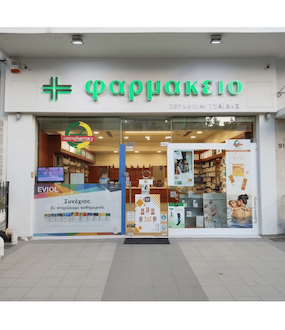
Leave a comment